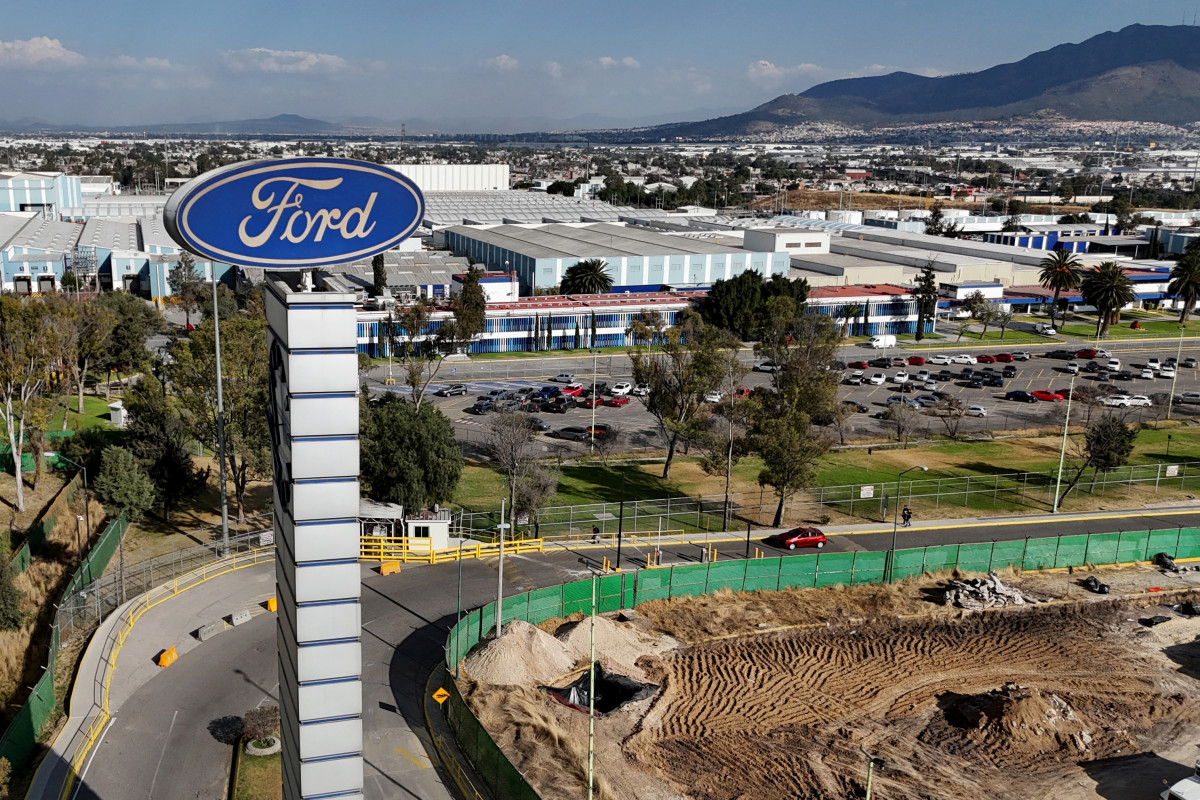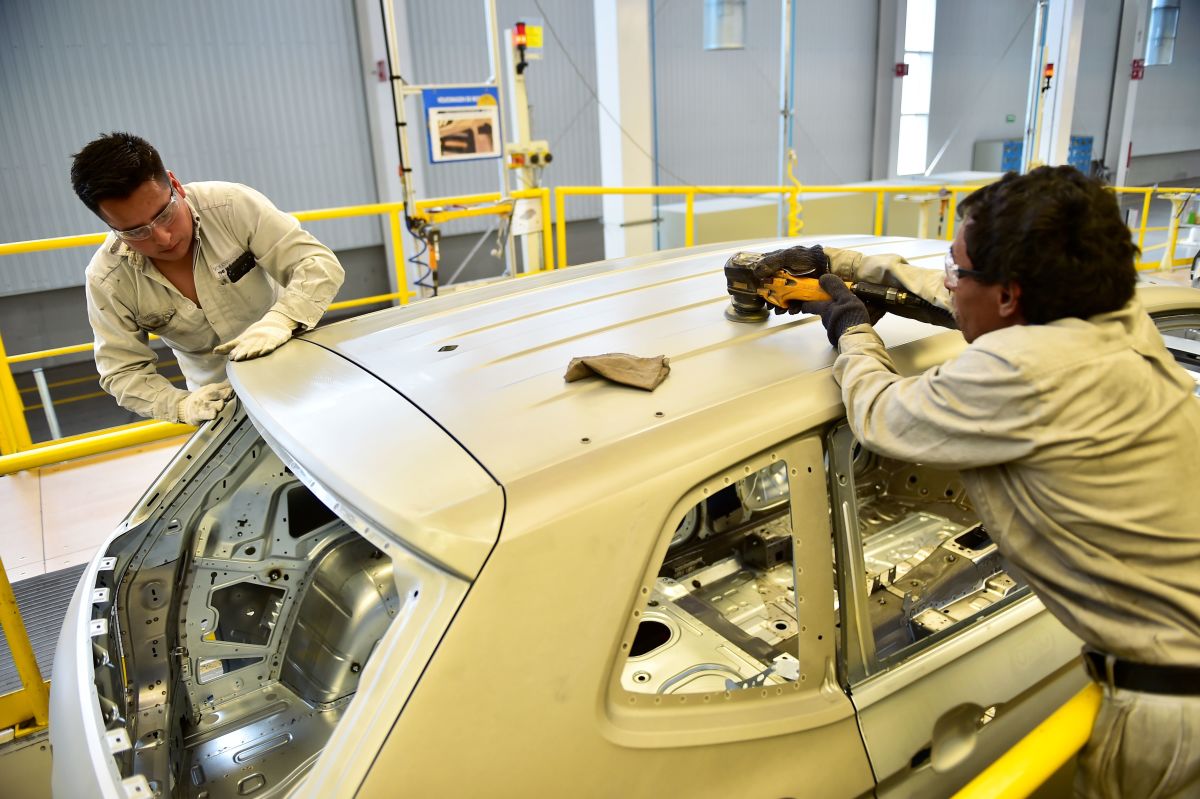U.S. tariffs shake up the auto industry
The U.S. auto industry is bracing for fresh turbulence as new 25% tariffs on imported vehicles and parts take effect. While aimed at boosting domestic manufacturing, the policy could end up hurting the very companies it was designed to protect — particularly Detroit’s “Big Three.”
A surprise announcement from President Trump on Wednesday reversed many of the reciprocal tariffs that the U.S. announced last week, sending the stock market higher as it partially recovered from major declines in previous days. But, the Trump Administration confirmed to Yahoo Finance that the announcement does not affect the 25% foreign auto sector tariff that Trump previously announced.
Unintended consequences from tariffs
In 2024, about 6.3 million of the 16.1 million new light vehicles sold in the U.S. were imported from key trade partners, including Mexico, Canada, Japan, Korea and the European Union. Starting May 3, those imports, along with foreign-made auto parts, will be subject to the steep new tariff.
ALFREDO ESTRELLA/Getty Images
At first glance, the move seems tailored to benefit domestic automakers. But data from Jato Dynamics reveals a more complicated picture. Ford, GM and Stellantis sold 1.85 million imported vehicles in the U.S. last year, which made up 13% of their total global sales. That’s a larger share than many of their international rivals.
“The rollout of these tariffs is yet another problem for the industry to navigate,” said Felipe Munoz, a global analyst at Jato. “The U.S. is the world’s second-largest vehicle market, and it will now be more difficult than ever for the vast majority of non-Chinese automakers around the world to trade.”
No automakers escape tariff troubles
PEDRO PARDO/Getty Images
Japanese brands like Toyota, Honda and Nissan are slightly more insulated, with only 9% of their global sales coming from U.S. imports. German brands such as Volkswagen, BMW, and Mercedes-Benz fare even better, with just 7% of their global volume tied to imported U.S. sales.
Yet the real pain may come for companies with a high reliance on U.S. demand, regardless of their origin. Subaru, for instance, sells 71% of its vehicles in the U.S., and even though many are built in Indiana, imports still made up 26% of its global sales. Mazda is in a similar bind, with more than a quarter of its worldwide volume tied to imported U.S. vehicles.
Bloomberg/Getty Images
General Motors stands out among major automakers, with 18% of its global sales coming from imported vehicles sold in the U.S. — the highest among the top five global players. Volkswagen, while less reliant on the U.S. overall, still imports about 80% of the vehicles it sells here. That could force the German automaker, along with others, to ramp up domestic production just to maintain its foothold in the world’s second-largest car market.
Final thoughts
“Alongside Volkswagen, it is likely that Volvo, Hyundai-Kia, Mercedes, BMW, Stellantis, Toyota, Nissan, Subaru and General Motors will need to increase their production footprint in the U.S. in the near future,” Munoz said. “The U.S. is a market that they can’t leave.”
The next few years may see a reshuffling of global production footprints, with automakers large and small looking for ways to build more cars closer to the customers who buy them. For Detroit’s Big Three, the road ahead just got bumpier.